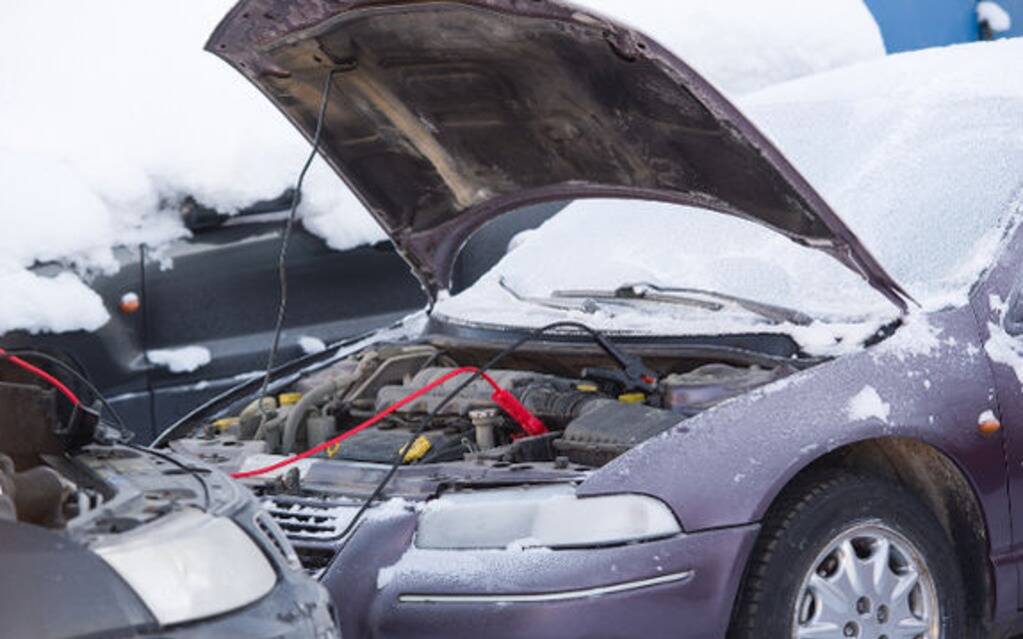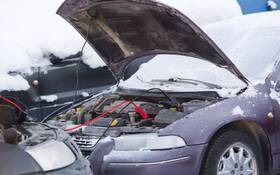7 Things Every Vehicle Owner Should Know
Everyone knows that maintaining a vehicle helps to optimize its performance and extend its life. But some people ignore this cardinal rule and settle for the bare minimum.
There are tasks that are best left to qualified technicians working at a car dealership or independent workshop, where specialized tools and equipment are available. However, there are many things that are fairly easy and quick for you to do yourself.
Here are seven things every vehicle owner should know how to do. For instructions specific to your model, feel free to consult the owner's manual in your glove compartment.
1. Give Your Vehicle a Proper Wsh
A thorough wash of the vehicle will keep it looking good and prevent rust. Use the right products and equipment, then repeat the process on a regular basis (ideally once a month). It's a lot cheaper than trips to the car wash!

2. Changing a Tire
A flat tire can happen to anyone at any time. You don't need roadside assistance, let alone a tow truck. Learn how to access the spare tire, lift your vehicle using the provided tools and replace the flat tire.
3. Replacing Air Filters
After oil changes, replacing air filters is basic maintenance that every vehicle should get in order to perform better. Generally, the engine oil filter is easy to remove, and installing a new one is just as easy. The cabin filter (or pollen filter) is more tricky to swap (it's ofent located behind the glove compartment), but the operation is still not complicated and can be done quickly.

4. Changing the Windshield Wipers
Many drivers wait too long to change their wiper blades and sacrifice their visibility by doing so. In winter especially, it's important to have good wiper blades. Replace your wipers as soon as they stop doing the job due to blade wear. Get familiar with the mechanism and swap them out.
5. Stay on Top of Warning Lights and Alerts
Your vehicle talks to you, and you must listen. Newer models are often filled with technology and electronic systems. If something goes wrong, it's important to recognize the signals, to consult your owner's manual or a technician, and to take the appropriate action. Do not continue to operate a vehicle with a warning light on.
6. Boosting a Battery
In Canada, we know winter. But not all drivers know how to use jumper cables. Yet, this operation could save you a lot of headaches... or even help out a friend! So get your emergency kit and get to work. You do have an emergency kit now, don't you?

7. Replacing the Battery
A 12-volt battery has a normal life span of five years. If yours is dying and struggling to start your vehicle in cold weather, it's time to replace it. A trip to the garage? Not at all. Just disconnect the cables, remove the battery, install a brand new one and reconnect the cables.











